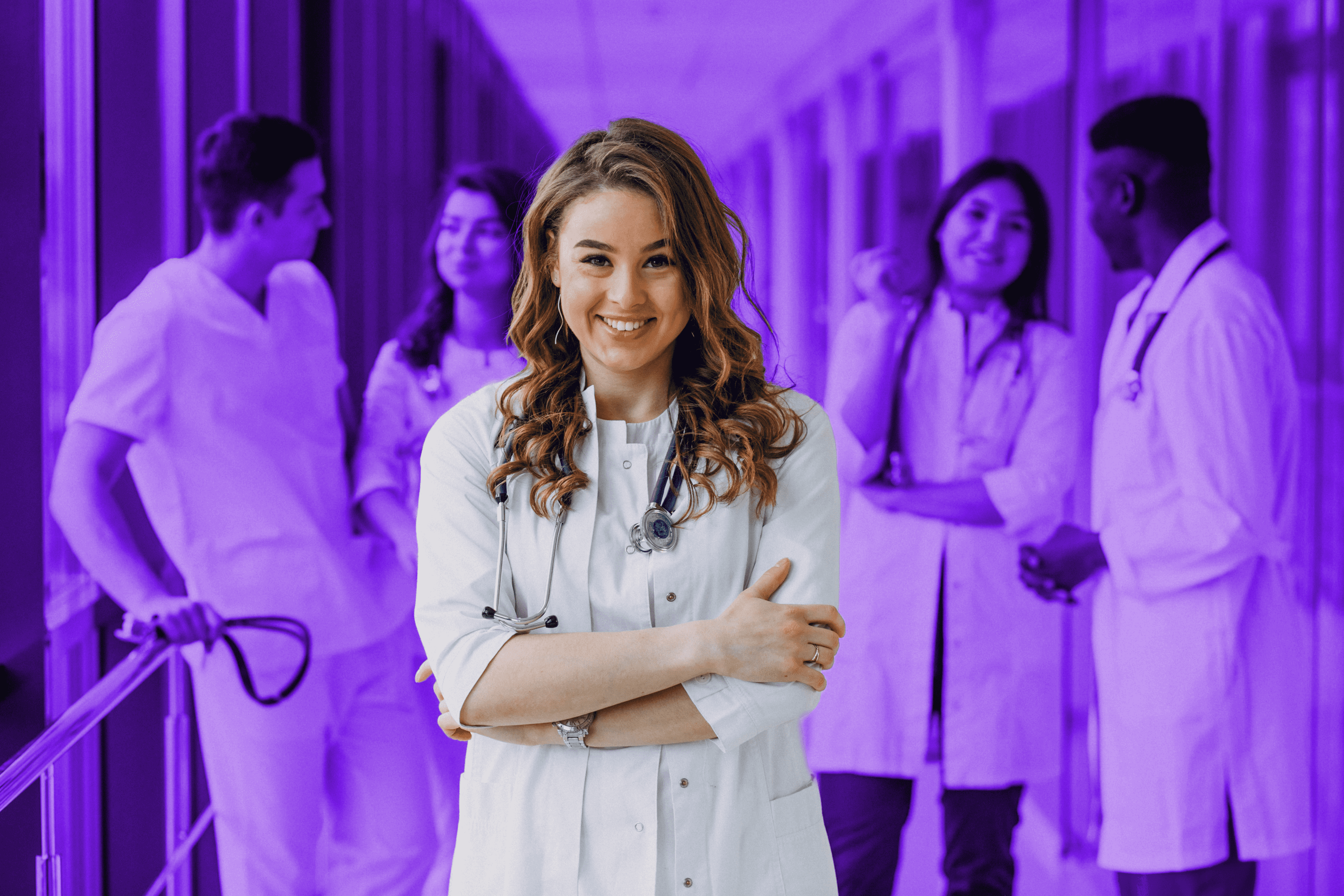In November 2022, the world was introduced to ChatGPT, an Artificial Intelligence (AI) powered chatbot capable of intuitively mirroring a human conversation.
In the healthcare sector, ChatGPT is an important topic of conversation among doctors and patients alike. This innovation has the potential to automate daily tasks such as generating patient records or writing reports. While it is still in the early stages of development and use, it is anticipated that it will see diagnostic and therapeutic use in the future.
But like other AI systems, ChatGPT faces challenges and tests before it achieves widespread use in healthcare.
What Is ChatGPT?
ChatGPT is the latest evolution of a language model developed by OpenAI known as GPT-3. It is trained to learn language patterns from large amounts of data. The process is designed to ensure accuracy in predicting what’s next in a sequence of words.
It is taught and refined through a combination of supervised and reinforcement learning. According to IBM, it is the “use of labelled data sets to train algorithms to classify data or accurately predict outcomes.” This approach instructs computers on how to learn or identify topics.
It is optimized through reinforcement learning from human feedback. Here, people teach the machine likely and ethical responses or decisions to help users. OpenAI describes ChatGPT’s dialog functions as capable of “answering follow-up questions, admitting mistakes, questioning incorrect premises, and rejecting inappropriate requests.”
Potential Uses of ChatGPT for Physicians
According to an article on Yahoo! Finance, ChatGPT amassed 1 million users in its first week. Among these users are healthcare professionals who are leaning towards AI as the near future of medical management. Therefore, this technology is ushering in a new phase of healthcare in the following ways:
1) Summarize Records And Patient Information
By applying the capabilities of Artificial Intelligence (AI) and Machine Learning (ML), ChatGPT can be taught to act as a digital assistant for clinicians. The technology would extract essential information from patient records, grouping the data into family history, symptoms, current medication, potential allergies, lab results, etc. With AI ensuring this information is readily available, clinicians can assess patients’ needs faster. This feature allows for a clearer focus on the main areas of attention.
2) Improve Clinical Decision Systems
Clinical decision support systems have long played an important role in physician recommendations for patient care. Optimizing these systems through the use of AI and ML tools can improve patient outcomes and treatment decisions.
3) Personalization of Patient Information
Patient interactions and care inherently need to be delivered via chat first, virtual care second, and in-person care third. Moving to conversational systems powered by AI models like GPT-3 (and others), which are contextualized with patient information, will provide more personalized and clinically accurate responses.
4) Automation of Administrative Functions
Studies have shown that doctors and their staff spend about 16.4 hours a week navigating insurance approvals for patient medications, procedures, and other medical services. Focusing on administrative tasks allows less time to deliver medical care.
The ChatGPT can be used to perform administrative tasks such as scheduling appointments, simplifying notes, and other repetitive daily tasks. Thus, conversational AI can support automation and the delivery of improved clinical care. Using proper prompts, ChatGPT can be trained to compose letters requesting prior authorizations, appeals of insurance denials, and other claims.
Potential Uses Of ChatGPT For Patients
1) Improve Patient Education
Using the algorithm’s simplified syntax, clinicians can use ChatGPT to keep patients informed during treatment. Currently, clinical notes documenting medical history, treatment plans, and follow-up procedures are often in professional language, making it difficult for patients to understand. ChatGPT can learn to simplify medical notes, prescriptions or even suggested lifestyles for a better understanding of the patient.
2) Provide Answers to Frequently Asked Questions From Patients
Doctors work in fast-paced environments, which often makes it difficult for patients to have direct contact with them and get answers to their questions. Only occasionally can you grant patients frequent and direct contact with the opinion of specialists. ChatGPT can help clinicians by filling in the gaps in care information. The algorithm’s projected features are intended to answer patients’ questions about the diagnosis or management of their conditions.
Enreach’s Artificial Intelligence, at the Service of Patients
In this post, we have already seen the possibilities that AI offers for the health sector. In its Omnichannel Contact Centre, Enreach has developed an AI module with a chatbot and voicebot service that allows optimizing communications and increasing the effectiveness of a call centre by evaluating the customer’s intention and offering the expected response 24/7.
Enreach’s Artificial Intelligence engine trains your bot to understand the needs of patients and solve their queries. By connecting our bots with external systems, it is possible to complete the responses with information from each customer interaction, also analysing the reason for contact. In addition, they can be configured in more than 120 languages.
 Subscribe
Subscribe
 Ask for a demo
Ask for a demo

 4 min
4 min
